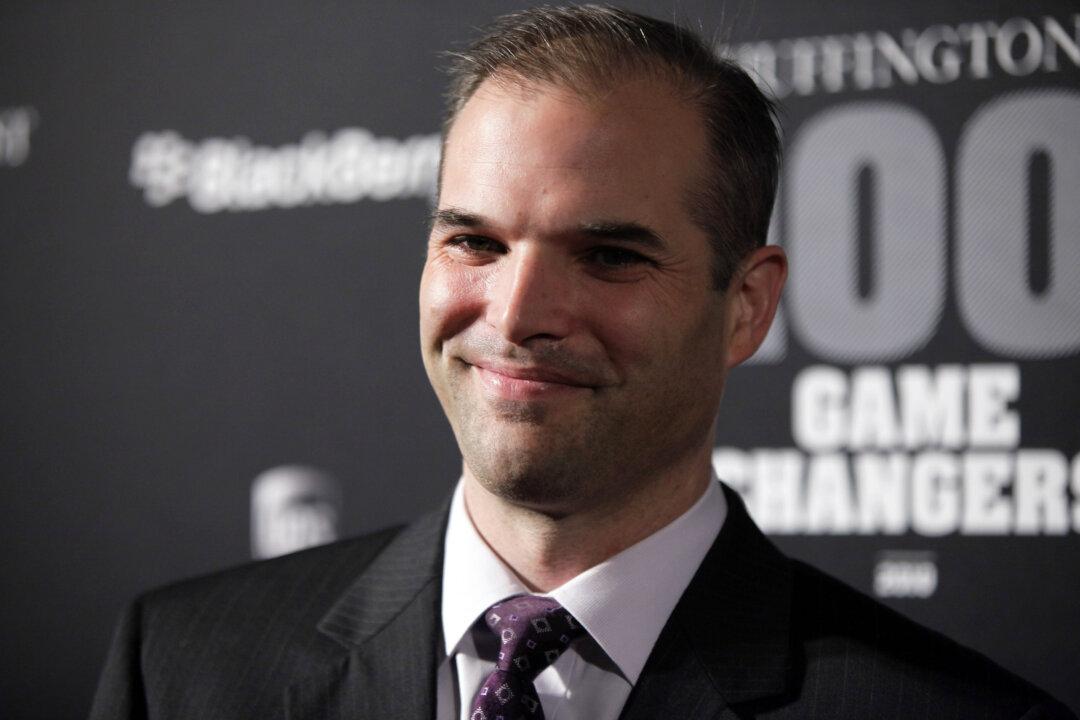The “consensus enforcement mechanism” of censorship on social media has not only been an attack on civil liberty but also sapped the public square of a desire to reach the truth, according to journalist Matt Taibbi.
Where there was once a hunger for freedom, there’s now a collective apathy over fighting to keep it preserved, Mr. Taibbi said.






